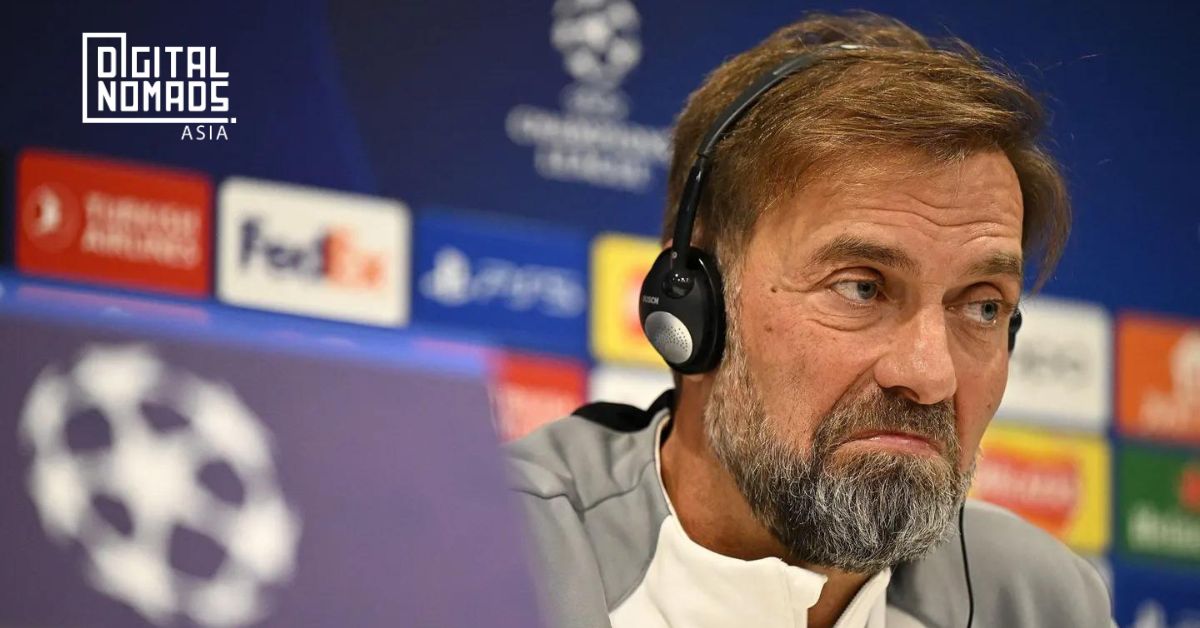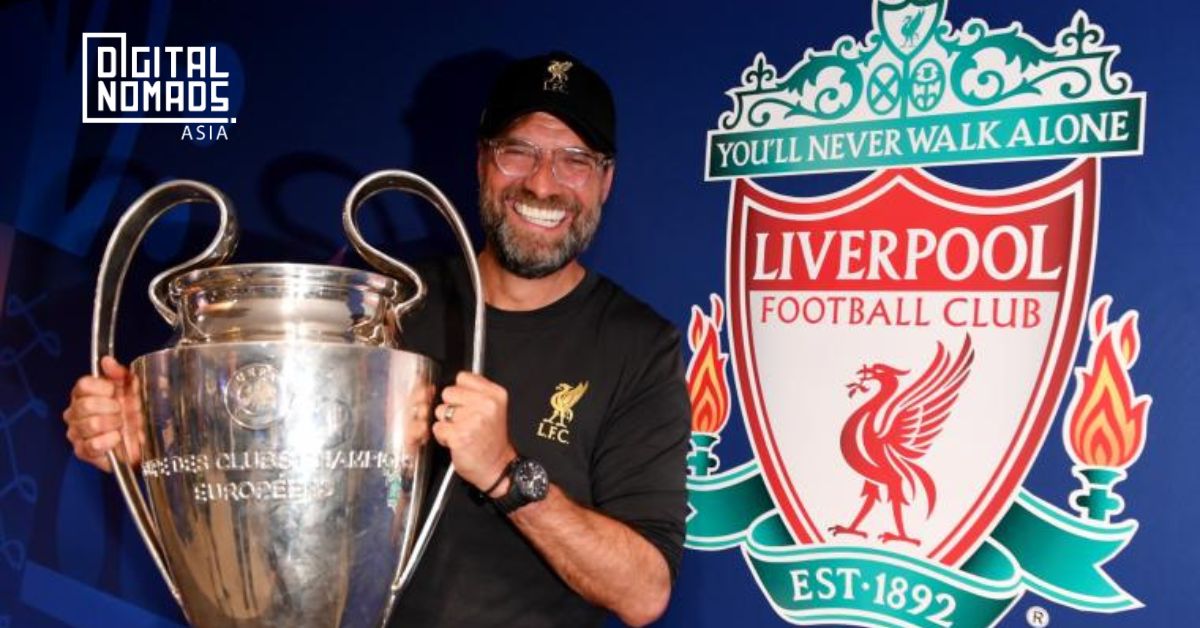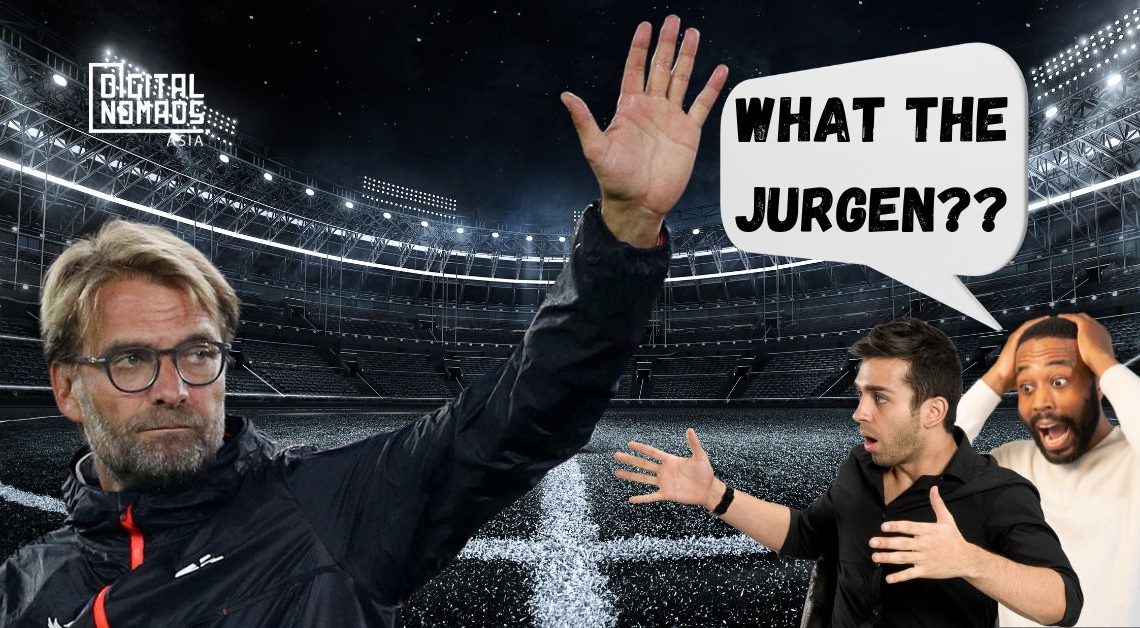Jurgen Klopp has announced that he will step down as Liverpool manager at the end of the 2023-24 season. This decision comes after a successful tenure with the club, where he has led them to major trophies including the UEFA Champions League, Premier League, FIFA Club World Cup, FA Cup, League Cup, and UEFA Super Cup. Klopp explained that his decision to leave is due to a feeling of exhaustion and a need for a break, stating that he is “running out of energy” and acknowledging the demanding nature of his role at Liverpool.
Klopp’s departure was revealed to the club’s ownership in November, and he emphasized the importance of announcing his decision at an appropriate time to ensure a smooth transition. He reflected on the challenges of the previous season and his commitment to getting the team back on track. Despite his departure, Klopp remains focused on the current season, with Liverpool still competing in multiple competitions, and he aims to end his time at the club on a high note.
Assistant managers Pepijn Lijnders and Peter Krawietz, as well as elite development coach Vitor Matos, will also be leaving their positions at the end of the season. The club is now preparing for a future without Klopp, with a focus on maintaining their progress on the pitch and adapting their football operations accordingly.
So let’s look at the Pro’s of how this news was managed?
As a public relations professional with over 12 years of experience, the handling of Jurgen Klopp’s departure announcement from Liverpool FC appears to have been managed with considerable care and professionalism. Here are some key aspects of the communication strategy:
Timing and Control: The announcement was made at a time that seems strategically chosen. Announcing it mid-season ensures that Klopp’s departure doesn’t become a disruptive mid-season surprise, yet it provides enough lead time for the club to manage the transition smoothly. The control over the timing also suggests that the club was prepared and not reacting to external leaks or pressures.
Direct Communication: Klopp’s message was conveyed directly to fans and the public, likely first through the club’s own channels (such as their website), which is a classic PR strategy to control the narrative. This direct approach helps in maintaining authenticity and provides an opportunity to express gratitude and explain reasons in a personal tone.
Clarity and Transparency: The announcement was clear and detailed, providing not only the decision but also the reasons behind it. Klopp’s statement about feeling “running out of energy” offers transparency and humanises the decision, avoiding speculation and rumours.
Inclusive of Stakeholders: The communication acknowledged all relevant stakeholders: fans, the club’s staff, and the broader football community. This inclusive approach helps in maintaining positive relationships and shows respect to all parties involved.
Focus on Legacy and Future: The announcement balanced a reflection on Klopp’s achievements with a focus on the future. This approach helps in celebrating the past while also moving the narrative forward, important for both the club’s and Klopp’s future endeavours.
Preparation for Immediate Follow-Up Questions: By announcing Klopp’s decision along with the departure of assistant managers and the elite development coach, the club seemed prepared for immediate follow-up questions regarding the future structure of the management team. This level of detail in the initial announcement suggests thorough planning.
Emotional Connection: Klopp’s statement was emotionally charged, reflecting his connection with the club and its supporters. This emotional aspect can be particularly effective in maintaining a positive public image and strengthening the bond with the fan base, even in the face of significant changes.
Consistent with Klopp’s Brand: Klopp is known for his candidness and emotional honesty. The nature of the announcement is consistent with his personal brand, which helps in maintaining authenticity.

Now the Cons :
In evaluating the management of Jurgen Klopp’s departure announcement from Liverpool FC, while the overall strategy appears to have been handled professionally, there are potential negatives or challenges that may arise:
Timing during the Season: Announcing Klopp’s departure in the middle of the season could potentially disrupt the team’s focus. It might create an atmosphere of uncertainty among players and staff, which could affect performance. This is a delicate balance, as waiting until the end of the season might have led to leaks and speculation, but announcing it earlier also comes with its own risks.
Impact on Team Morale: Such announcements can have a profound impact on team morale. Klopp is a highly influential figure, and his pending departure might affect the motivation and mindset of the players and coaching staff, which could be reflected in their performance.
Speculation about Succession: The announcement inevitably leads to speculation about who will succeed Klopp. This can create distractions and a media frenzy, potentially overshadowing the team’s current objectives and achievements. While this is somewhat unavoidable, it adds an additional layer of media attention that the club must manage.
Fan Reaction: While most fans would appreciate the transparency and honesty of the announcement, some might react negatively to the timing or the fact that Klopp is leaving at all. Managing fan expectations and emotions is a complex aspect of such announcements.
Media Speculation: Even with a well-managed announcement, the media may engage in speculation about the reasons behind Klopp’s decision, the timing, and the impact on the club. This can lead to misinformation or exaggerated narratives that the club has to address.
Pressure on the Replacement: The early announcement puts immediate pressure on the club to find a suitable successor, and subsequently, on the successor themselves to live up to Klopp’s legacy. This scrutiny can be intense and may affect the decision-making process.
Setting a Precedent: This approach to announcing a manager’s departure well in advance might set a precedent for the club. In the future, fans and media might expect similar transparency, which may not always be feasible or desirable.
Balancing Current Goals with Future Planning: There’s a challenge in balancing the focus on current competitions with the planning for next season. The club must ensure that this announcement does not detract from their immediate objectives.
Each of these potential negatives requires careful management and consideration by the club’s PR team. The goal would be to mitigate these issues while maintaining the positive aspects of their communication strategy.

To conclude, the handling of Jurgen Klopp’s departure from Liverpool FC, a club he transformed into a formidable force in the English Premier League, was a complex blend of strategic public relations. On the one hand, the approach was marked by its transparency, direct communication, and respectful acknowledgment of Klopp’s significant impact and legacy, showcasing him as one of the most impactful and transformative managers in the league’s history. The timing allowed for a controlled narrative and a focus on legacy building, while also preparing the club for a future transition. On the other hand, this announcement brought challenges such as potential disruptions to team morale, fan reactions, and media speculation about succession, which could overshadow current team efforts and the ongoing season. In essence, while the communication strategy was well-crafted to honour Klopp’s extraordinary tenure, it also navigated the intricate balance of celebrating a legendary figure’s impact and preparing for a future without him, all within the high-stakes, emotionally charged world of top-tier football. The football community has indeed been fortunate to witness the greatness of Jurgen Klopp, a testament to the ever-evolving and thrilling nature of the sport.
From A Man United Fan,
Rukesh Varan
